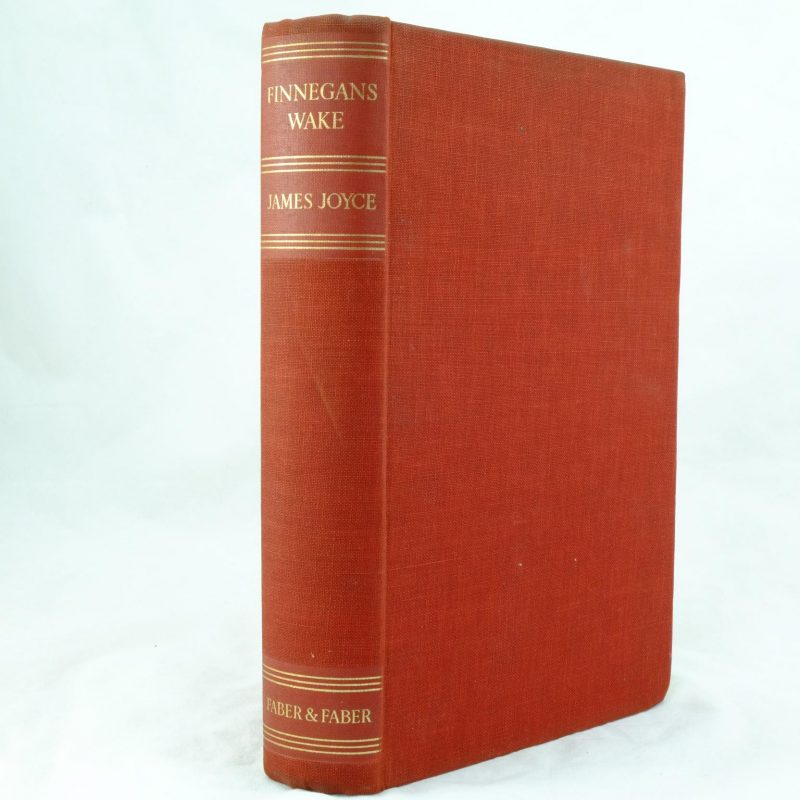

It seems that Joyce’s attempt in the Wake familiarizes a universal discourse, of all forms of discourse into a single text, of all cultures into a single universal culture in short, of the whole world into one book. Much has been written about the Wake regarding the“possibility of rediscovering or reinventing a pre-Babelic language, a language common to all humanity, capable of expressing the nature of things through a kind of innate homology between things and words.”( 6) Hans-Georg Gadamer reminds us that “the story of the Tower of Babel too indicates the fundamental significance of language for human life.”( 7) In addition Eco argues, during the “year when Dublin is being celebrated as the European cultural capital, it is appropriate to reflect on the fact that the search for a perfect language was and continues to be a typically European phenomenon.”( 8) Such arguments indicate man’s attempts in searching a universal system of communication, and discovering the original language of human from his first babbling of an articulate sort. Therefore, the text is moving in an indeterminable network of meanings or in the plurality of cultural codes, unhinging all the borderlines which might limit the readers. Derek Attridge argues that the Wake is a text that “will never be mastered, never dominated or exhausted by interpretation, nor will it ever offer itself up unproblematically as a single set of meanings.”( 3) In a similar vein, Umberto Eco argues that it is “impossible to read Finnegans Wake except as a huge intertextual laboratory-unless you want to read it out loud to enjoy it as pure music.”( 4) This might be originated in the migration of meanings, the outcropping of codes, the passage of citations and the indeterminacy of the origin of the stories that makes it a plural text with a “polyglot language”( 5) which sets up across its instability. Their questions and arguments concerning Joyce’s texts are questions about the meaning of such texts as being, at the same time the questions leading to the observation of the self. Many Hermes-like readers, and critics who are “always between something understood and something to be understood,”( 2) attend the meetings, speaking one language and discussing Joyce’s multidimensional-language texts in the hope of gaining control over them. If Ovid tells of “bodies changed to other forms,”( 1) James Joyce tells of the metamorphosed languages, cultures and The Thousand and One Nights in Finnegans Wake.


 0 kommentar(er)
0 kommentar(er)
